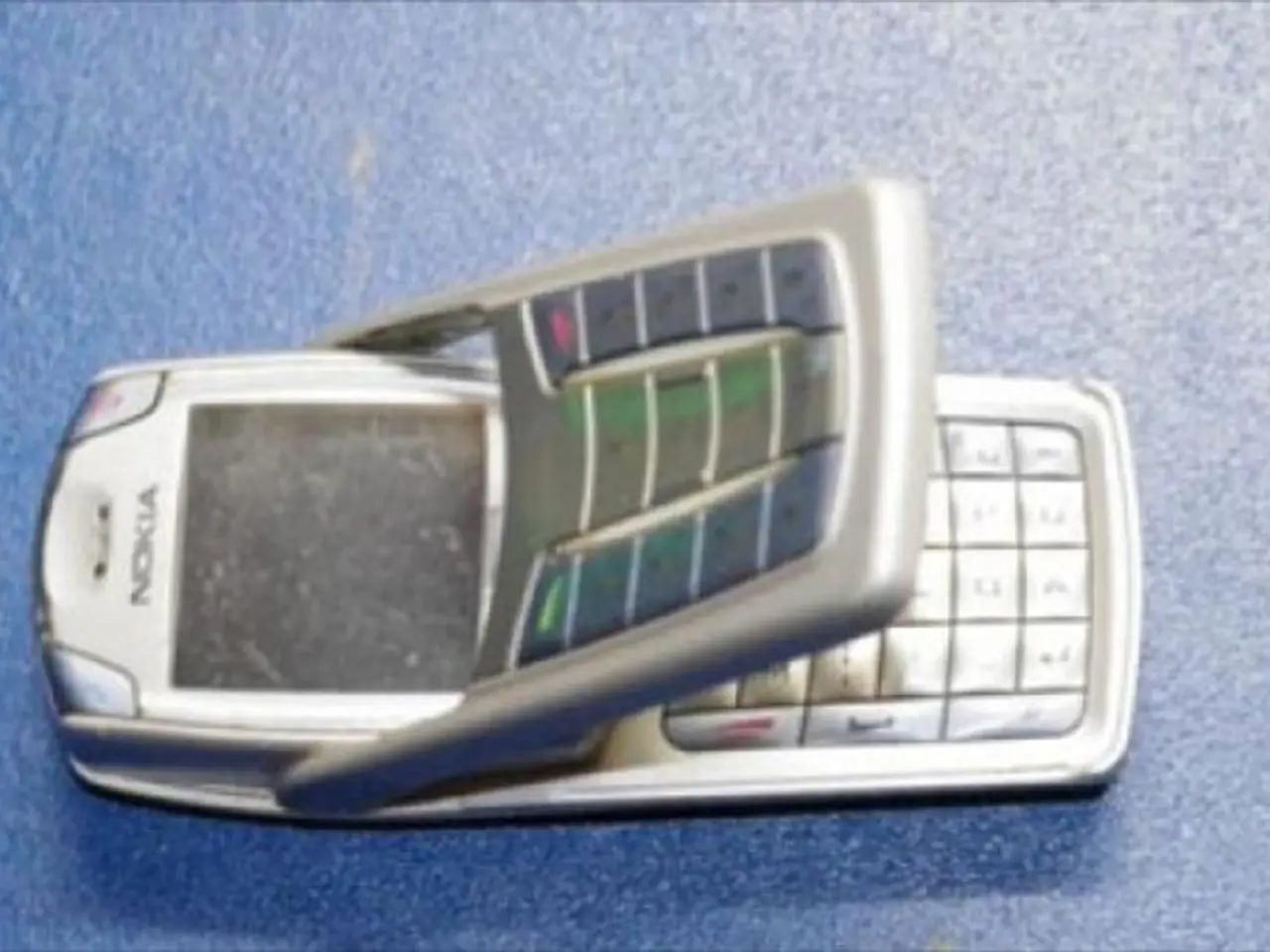Offline Communication Made Simple: Introducing Bitchat, an Android Messaging Application Functioning Without Internet Connection
In a groundbreaking move, Jack Dorsey, co-founder of Twitter, has unveiled a new experimental app called Bitchat. This innovative application aims to revolutionize the way we communicate by enabling decentralized, peer-to-peer messaging without the need for an internet connection or central servers.
Bitchat operates using a Bluetooth Low Energy (BLE) mesh network, allowing devices to connect directly to nearby smartphones via Bluetooth. This creates a local mesh that relays encrypted messages across multiple nodes until they reach their destination, even if the recipient is out of immediate Bluetooth range.
The app's unique functionality makes it ideal for messaging in remote locations, during censorship, blackouts, emergencies, or crowded events with poor internet connectivity. Bitchat operates completely offline, requiring no internet access or servers to store or route messages, enhancing privacy and censorship resistance.
Privacy and security are at the forefront of Bitchat's design. The system uses strong cryptography (X25519 key exchange and AES-256-GCM encryption) to protect messages. No accounts, phone numbers, or tracking are required, and the app supports ephemeral message storage. Features like cover traffic and emergency data wipe help defend against traffic analysis and protect user data.
Bitchat also offers group and private chats, IRC-style channels (topic-based chat rooms) with password protection and message retention control, as well as private messaging. Adaptive power modes optimize Bluetooth scanning to preserve battery life while maintaining connectivity.
Bitchat represents a novel, resilient, and privacy-focused approach to messaging. By leveraging Bluetooth mesh, it aims to circumvent the dependency on traditional internet infrastructure, providing encrypted communication even in the absence of Wi-Fi or mobile networks.
Unlike platforms like WhatsApp, Facebook, and Instagram, which are controlled by Meta, Bitchat is designed to be free from central control. The size of the Bitchat network increases with the number of phones using the app, and it aims to provide free communication without the need for centralized base stations owned by internet companies.
However, it remains to be seen if Bitchat or similar apps will successfully break through the challenges of achieving a critical mass mesh network for everyday use. For messages that need to go overseas, it's unclear how Bitchat or similar apps will avoid the need for undersea fiber cables and their owners' infrastructure.
Existing apps that use offline Bluetooth communication, such as Fernweh, have been used in disaster situations and when governments shut down the internet. Yet, none have achieved a critical mass mesh network for everyday use.
Bitchat is now available for both iPhones and Android devices, offering a promising alternative to centralized messaging systems. As more people join the Bitchat network, we may witness a shift towards more resilient and privacy-focused communication methods.
Smartphones and other gadgets can now connect directly using Bluetooth Low Energy (BLE) mesh network, thanks to the new app Bitchat. This technology-driven app operates completely offline, making it ideal for communication in locations with poor internet connectivity or during internet blackouts.
Bitchat represents a decentralized, resilient, and privacy-focused approach to messaging, utilizing Bluetooth mesh to provide encrypted communication even in the absence of Wi-Fi or mobile networks.




